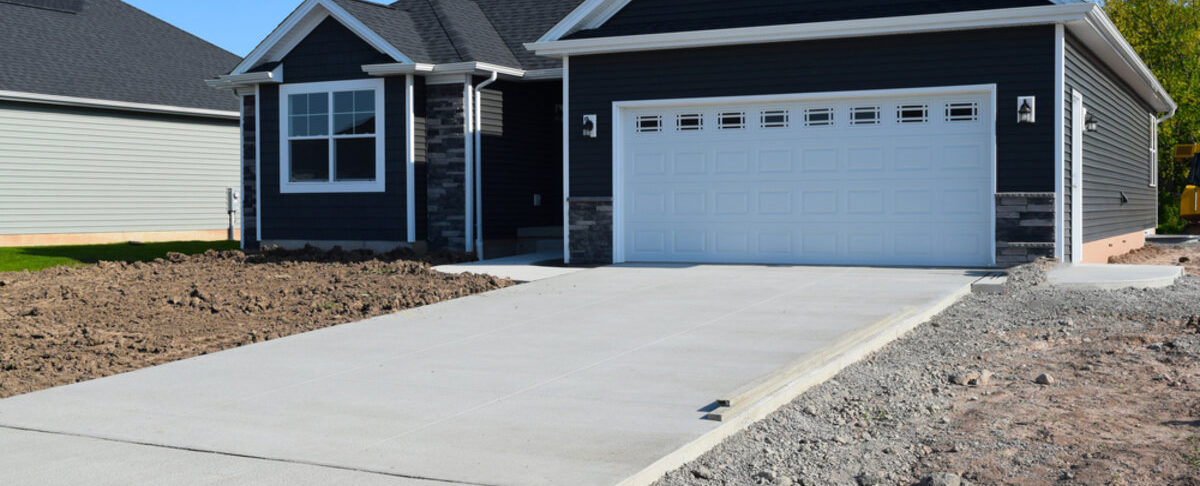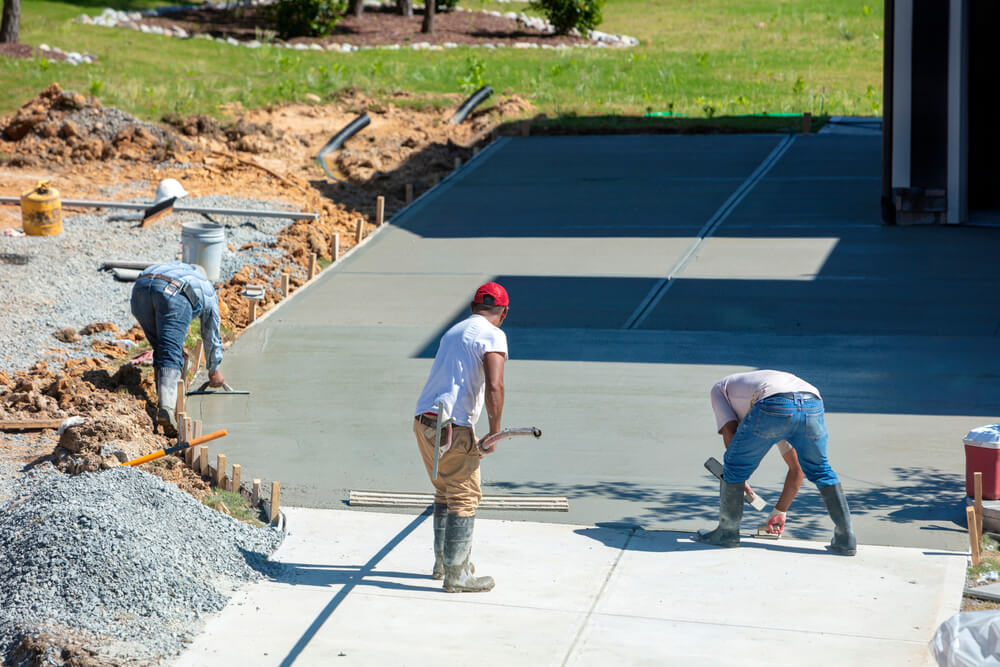When planning to install a concrete driveway, one of the most crucial factors to consider is its thickness. This not only impacts the driveway’s durability and longevity but also affects its ability to withstand various loads and weather conditions. This article explores the optimal thickness for a concrete driveway and discusses factors influencing this decision.
The Basics of Driveway Thickness
The thickness of a driveway is fundamental to its structural integrity. A driveway that is too thin may crack and deteriorate prematurely, while an excessively thick driveway might be unnecessarily expensive. Therefore, finding the right balance is key to a cost-effective and long-lasting installation.
How Thick Should Residential Driveways Be?
For most residential applications, the ideal thickness for a concrete driveway is typically 4 inches. This measurement is generally sufficient to support passenger vehicles and light trucks. If your driveway will be used by heavier vehicles or will receive more than typical usage, increasing the thickness to 5 inches can provide additional support and prolong the lifespan of the driveway.
Factors Influencing Thickness Requirements
Several factors can influence how thick your driveway needs to be. These include:
- Soil Type: The type of soil on your property can affect the stability of the driveway. Softer soils may require a thicker concrete slab or additional subbase layers to prevent sinking and cracking.
- Drainage: Proper drainage is crucial to prevent water accumulation beneath the slab, which can lead to soil erosion and increased pressure on the concrete.
- Climate: Areas with severe freeze-thaw cycles may require thicker driveways or specific construction techniques to mitigate cracking caused by expanding and contracting soil.
Enhancing Durability Beyond Thickness
While the proper thickness is critical, several other factors contribute to the durability and functionality of your driveway:
Material Quality
Using high-quality concrete with the right mix of cement, water, and aggregates ensures that the driveway will resist weather-related deterioration and heavy loads.
Reinforcement Options
Adding steel bars or wire mesh can significantly increase the strength and lifespan of your driveway. This reinforcement helps distribute the load and reduces the likelihood of cracking.
Proper Installation Practices
Ensuring that your concrete is properly mixed, poured, and cured plays a crucial role in its final strength and durability. Hiring experienced professionals can lead to better outcomes and more efficient use of materials.
Maintenance Tips to Prolong Lifespan
Regular maintenance can extend the life of your driveway, regardless of its thickness. Simple steps include:
- Sealing: Applying a sealant every few years can protect the concrete from moisture penetration, stains, and wear.
- Cleaning: Regularly removing debris and cleaning oil spills can prevent surface damage and staining.
- Avoiding Chemicals: Steering clear of harsh chemicals and deicers can prevent surface deterioration and preserve the concrete’s integrity.
Conclusion

Determining the correct thickness for your concrete driveway involves understanding the specific needs of your property, including vehicle types, soil stability, and climate conditions. A standard 4-inch thickness is adequate for most homes, but adjustments may be necessary based on the factors discussed. By focusing on quality materials, proper installation, and regular maintenance, you can ensure that your driveway will remain functional and aesthetically pleasing for years to come. If you need personalized advice or assistance, feel free to contact Richfield Concrete today, and we’ll help you make the best choices for your property.





